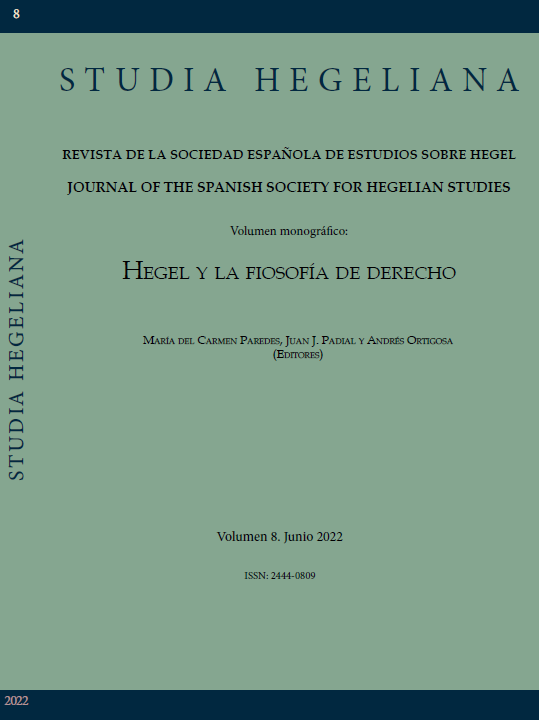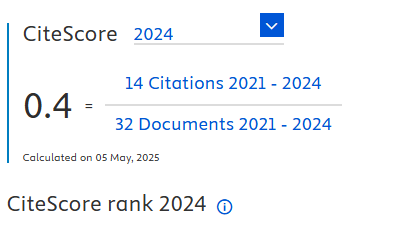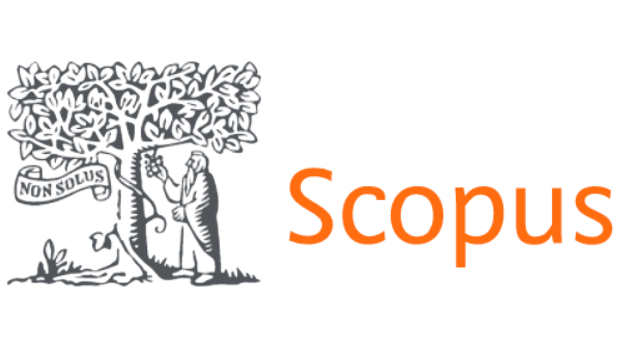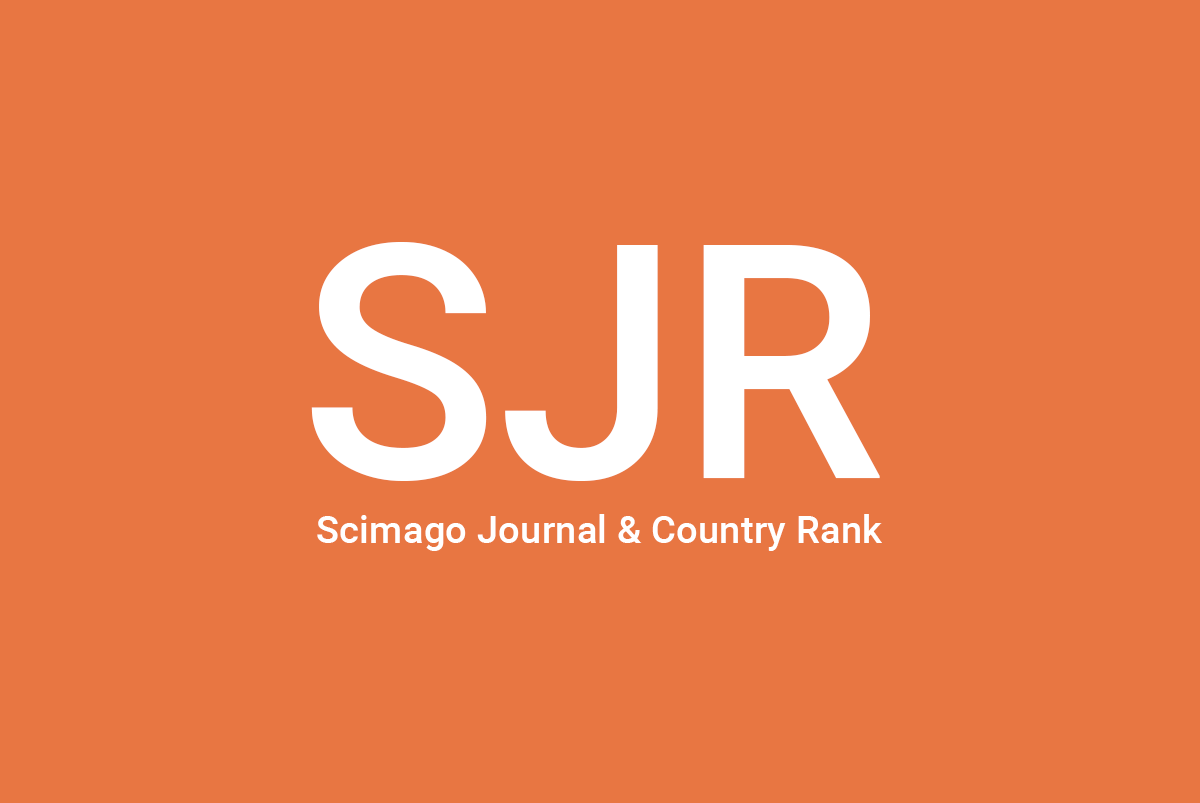Between abstract law and ethicity: property and plebeians
DOI:
https://doi.org/10.24310/Studiahegelianastheg.v8i.14243Keywords:
Abstract right, Eticity, Ethical life, Propiety, PlebAbstract
As my analysis shows, the Hegelian doctrine of property, of the right of necessity and of the plebs, rather than an Aufhebung integrating all the determinations at stake, reveals conceptual aporia and unresolved tensions. And perhaps it cannot be any other way if, as E. Gans rightly wrote in the reprint of the FD, it is a text that aims at the "definitive overcoming of the distinction made in the 17th and 18th centuries between state law and politics", so that Hegel "takes us back to the perspective of antiquity" in which "these divisions and differences were unknown, for then they were only with a great whole, with a universality, Plato's Republic and Aristotle's Politics are both natural law and politics, principles and life-giving realisation". And indeed, because it is a question of the life of men and peoples, Hegel himself has to recognise, more prudently than his philosophical rhetoric would allow, that "what the concept teaches" always comes "after the actual reality has completed and finished its process of formation" and, for that very reason, when "a figure of life has grown old and cannot be rejuvenated". But precisely because of this, the Hegelian attempt to understand social relations and elevate them to a form that overcomes the confrontation between enormous accumulation of wealth and miserable poverty, despite the problematicity of his proposal or precisely because of it, can continue to illuminate the cognitive effort to orient ourselves in the world of life that defines the philosophical task in each new generation, and which today, as Piketty exposes in his recent book, continues to confront us with the dialectic - real and not at all conceptual - of inequality on a planetary scale.
Downloads
Metrics
Publication Facts
Reviewer profiles N/A
Author statements
Indexed in
-
—
- Academic society
- N/A
- Publisher
- Universidad de Málaga
References
BLASCHE, Siegfried; “Natural Ethical Life and Civil Society: Hegel’s Construction of the Familily” en R.B. Pippin y O. Höffe (eds), Hegel on Ethics and Politics, Cambridge University Press, 2004, p. 183-207.
CLARK, Christopher; El reino de hierro: auge y caída de Prusia (1600-1947), Madrid, La Esfera de Libros, 2016.
FICHTE, Johann Gottlieb; Gesamtausgabe [GA], Stuttgart/Bad Constatt, Bayerische Akademie der Wissenschaften, 1964 y ss.
GANS, Eduard; “Vorwort zur 2. Ausgabe der Rechtsphilosophie (1833)” en M. Riedel (ed.), Materialien zu Hegels Rechtsphilosophie (2 vols.), Frankfurt, Suhrkamp, 2016, vol. I, pp. 242-248.
HAYM, Rudolf; Hegel und seine Zeit, Berlín, Rudolf Gärtner Verlag, 1857.
HEGEL, Georg Friedrich Wilhelm; Gesammelte Werke; Hamburg, Felix Meiner Verlag, 1968 y ss.
Citamos las obras indicando título y a continuación: GW, volumen y página. Los títulos más relevantes para nuestro estudio son referenciados con las abreviaturas siguientes:
AnFD: Anotaciones autógrafas a la Filosofía del Derecho.
CL: Ciencia de la Lógica.
ECF: Enciclopedia de las Ciencias Filosóficas (3ª edición).
FD: Líneas fundamentales de la Filosofía del Derecho.
FE: Fenomenología del Espíritu.
LecFD 18-19: Lecciones de filosofía del derecho, curso 1818-19.
LecFD 19-20: Lecciones de filosofía del derecho, curso 1819-20.
LecFD 21-22: Lecciones de filosofía del derecho, curso 1821-22.
LecFD 22-23: Lecciones de filosofía del derecho, curso 1822-23.
LecFD 24-25: Lecciones de filosofía del derecho, curso 1824-25.
HENRICH, Dieter; “Vernunft in Verwiklichung” en G.F.W. Hegel, Philosophie des Rechts. Die Vorlesung von 1819/20, Frankfurt, Suhrkamp Verlag, 1983, pp. 9-39.
ILTING, Karl-Heiz; “Die Rechtsphilosophie von 1820 und Hegels Vorlesungen über Rechtsphilosophie” en G.F.W. Hegel, Vorselungen über Rechtsphilosophie 1818-1831 (4 vol.), Stuttgart, Frommann-Holzboog, 1973, vol. I, p. 25-126.
JAMES, David; “Kant and Hegel on the right of rebellion” en History of Political Thought, vol. XVII/2, 2006, pp. 331-348.
-------, Fichte’s social and political Philosophy: property and virtue, Cambridge University Press, 2011.
LOSURDO, Domenico; La catastrofe della Germania e l'immagine di Hegel, Milán, Guerini e Associati, 1988.
------; Zwischen Hegel und Bismarck. Die achtundvierziger Revolution und die Krise der deutschen Kultur, Berlín, Wiley-VCH Verlag, 1993.
------; “Bürgerliche Gesellschaft und Staat: Hegel, Marx und die zwei Liberalismen” en Zeitschrift Marxistische Erneuerung, Frankfurt, vol. 57, 2004.
MARX, Karl; Crítica al derecho político de Hegel en Marx-Engels Werke [MEW], Berlín, Dietz Verlag, 1956, vol. 1.
PIKETTY, Thomas; Capital et idéologie, París, Seuil, 2019, p. 139
RITTER, Joaquim; Hegel und die französische Revolution, Frankfurt, Suhrkamp Verlag, 1965.
------; “Person and Property in Hegel’s Philosophy of Right” en R.B. Pippin y O. Höffe (eds), Hegel on Ethics and Politics, Cambridge University Press, 2004, p. 101-123.
RUDA, Frank; Hegels Pöbel. Eine Untersuchung der ‘Grundlinien der Philosophie des Rechts’, Konstanz University Press, 2011.
SIEP, Ludwig; Der Staat als irdischer Gott, Tübingen, Morh Siebeck, 2015.
------; Annerkennung als Prinzip der praktischen Philosophie. Untersuchungen zu Hegels Jenaer Philosophie des Geistes, Hamburg, Meiner, 20142, p. 275.
TURRO, Salvi; “Hegel y Fichte en 1820. Estado y monarquía” en Studia Hegeliana, Sociedad Española de Estudios sobre Hegel, Salamanca, 2018, vol. III, pp. 255-274.
------; “Ciudadanía, Humanidad y Estado. Fichte versus Hegel en 1820” en J.L. Villacañas y A. Garrido (eds.), Republicanismo, Nacionalismo y Populismo como formas de la política contemporánea, Madrid,Dado Ediciones, 2021, pp. 153-174.
------; Fichte: de la consciencia al absoluto; Bogotá, Editorial Aula de Humanidades, 2019.
------; La crítica de la economía política en Fichte y Hegel; Barcelona, Institut d’Estudis Catalans, 2020.
VIEWEG, Klaus; Hegel. Der Philosoph der Freiheit, Munic, WBG, 2019.
VORLÄNDER, Karl; Kant, Fichte, Hegel und der Sozialismus, Berlin, Paul Cassirer Verlag. 1920.
WEIL, Eric; Hegel et l’État. Cinc conférences, París, J. Vrin, 1950.
WILDT, Andreas; Autonomie und Anerkennung. Hegels Moralitätskritik im Lichte seiner Fichte-Rezeption, Stuttgart, Klett-Cotta, 1982.
Downloads
Published
How to Cite
Issue
Section
License
This journal provides immediate free access to its content under the principle of making research freely available to the public. All contents published in Studia Hegeliana. Journal of the Spanish Society for Hegelian Studies, are subject to the Creative Commons Attribution-NonCommercial-ShareAlike 4.0 licence (specifically, CC-by-nc-sa), the full text of which can be found at <http://creativecommons.org/licenses/by-nc-sa/4.0>. Derivative works are therefore permitted as long as they are not used for commercial purposes. The original work may not be used for commercial purposes. The journal is not responsible for the opinions expressed by the authors of the works published in it.
It is the authors' responsibility to obtain the necessary permissions for images that are subject to copyright.
Authors whose contributions are accepted for publication in this journal retain the copyright. It is non-exclusive right to use their contributions for scholarly, research and educational purposes, including self-archiving or deposit in open access repositories of any kind.
Since volume 7 of 2021 the journal Studia Hegeliana has changed the copyright. Since that year the authors have retained the copyright.
The electronic edition of this journal is published by the Editorial de la Universidad de Málaga (UmaEditorial), being necessary to cite the source in any partial or total reproduction.







244.png)






















